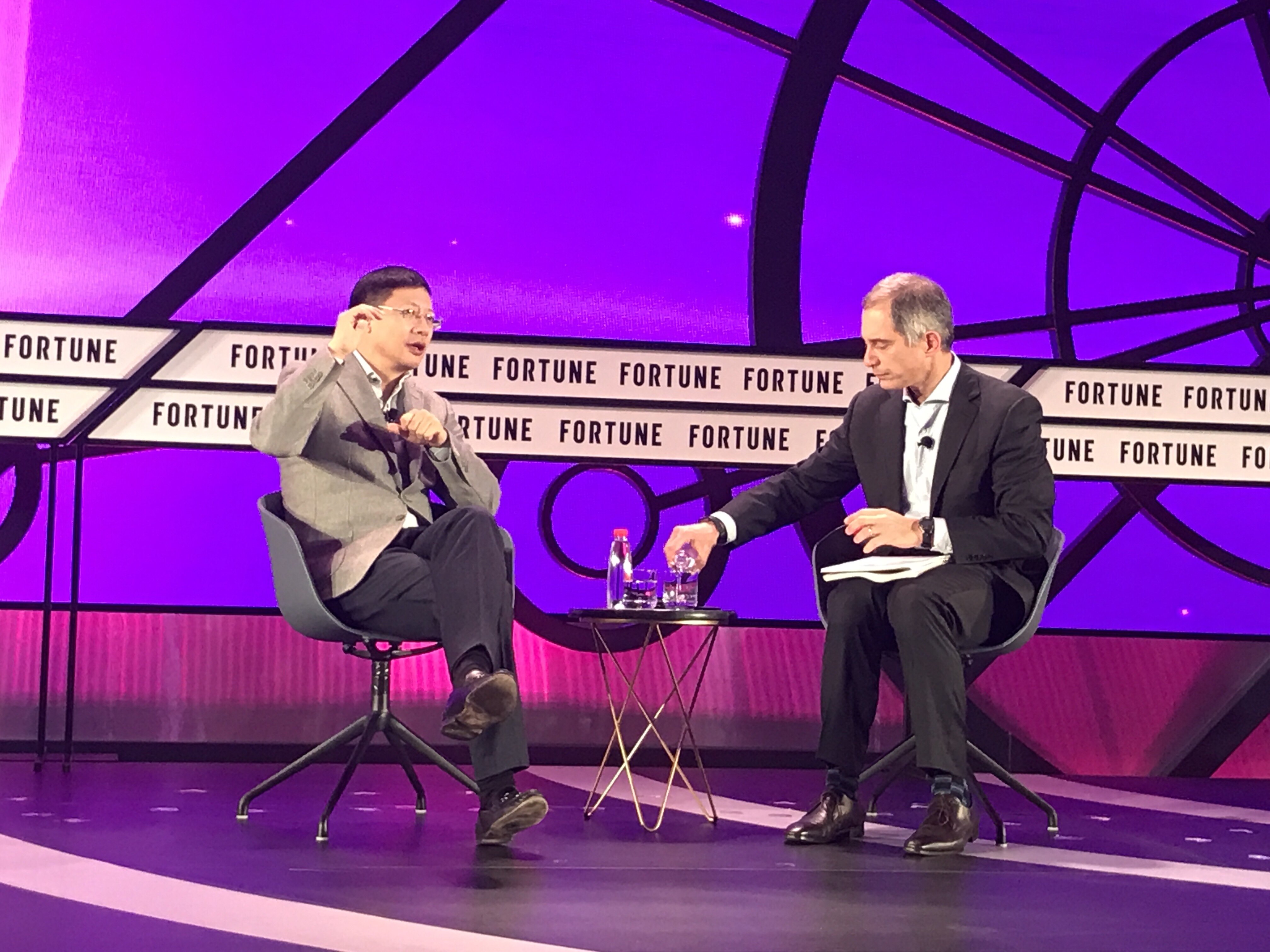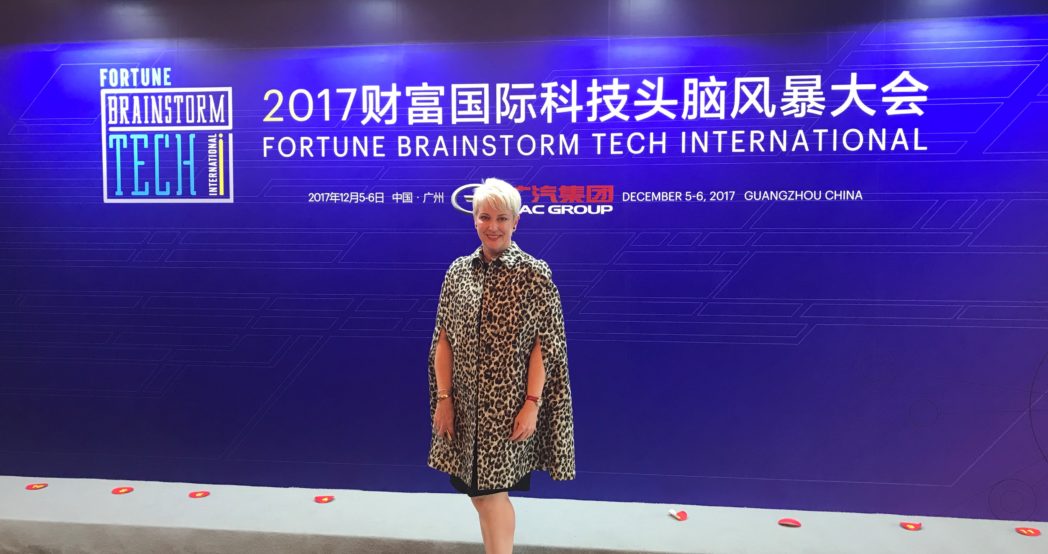China is the most exciting place in the business world today, and it’s increasingly obvious that it’s highly likely to hold that status unchallenged for the foreseeable future. I spent time in Guangzhou last week at the Fortune Brainstorm Tech International Summit, which was held offshore for the first time after Allan Murray, President of Fortune, visited China in September 2016 and realised that while the world is well aware of what’s occurring in Silicon Valley and Israel, the west has little idea of the innovation that is occurring in China.
As Neil Shen, Managing Partner of Sequoia China, told the audience a combination of four factors make China unique and unrivalled in terms of business opportunities. Everyone is aware of the size of the Chinese domestic market, and the enormous number of potential customers that the emergence of the Chinese middle class is delivering. When this is combined with top entrepreneurs who are willing to work incredibly hard – 996 (9am-9pm 6 days a week) is viewed as standard in Chinese start ups -, a highly educated market providing all of the necessary engineers and developers, and enabled via a well resourced telecommunications infrastructure, you have a powerful environment for success. Brazil and India both also have some of these elements, in particular the large market size, but neither has all four.

Technology is at the forefront of much of what is occurring in China, removing the previous barriers to information for those in rural areas. People in regional areas can now receive exactly the same information as those in major Chinese cities, and it’s no surprise that businesses which create and deliver this content are some of the most successful. eCommerce platforms and enablers are another major success story, with 40% of the global eCommerce market coming from China. While that figure may seem staggering, there’s so much more to come as it’s still very early days in the Chinese middle class income boom. To illustrate, electronics retailers in China currently generate 20% of online retail sales, in the US that figure is 70% so there’s still plenty up for grabs.
While the opportunities are immense, the stakes are high. The competition is intense and the demand is huge. It’s easy to underestimate the pressure both these factors create, and local Chinese companies are agile and hungry. Nathan Blecharczyk, co-founder of Airbnb, has moved to China to lead Airbnb there and spoke about why it was such an important market for them. Chinese travellers are the highest spenders in the world, spending double or triple on outbound tourism than their number two and three counterparts (US and Germany). The positive experiences of the 8.6 million Chinese tourists who have stayed in international Airbnb properties has organically translated into 120 000 domestic properties, as guest becomes host. Trust and positive testimony has been key to Airbnb’s acceptance in China, with another big enabler being the inclusion of Alipay as a payment option. That one change led to double digit improvement in bookings, and now half of all Airbnb bookings in China are paid using Alipay.

Alibaba and Tencent have become the stuff of legends with their enormous valuations and extensive reach and influence on Chinese consumers, but they are now also competing with traditional venture capital firms as aggressive strategic investors. Tencent outranked Sequoia this year as the top funder, with $56 billion deployed, and both companies typically invest at an earlier stage than Facebook and Google. Neil Shen believes that one of the great strengths of both of these companies is their continued willingness to disrupt and cannibalise their own products – much as Apple’s introduction of the iPhone killed it’s predecessor iPod.
China has moved a long way from its copycat culture reputation, and any business operator who is now not paying very close attention to both the opportunities on the ground in China and the learnings that Chinese businesses are creating on a daily basis is missing a moment that has never been seen before, and may never be repeated.

You thought Braintech was good Cathie – it was nothing compared to Fortune Global 500 from Wednesday HK Friday – from Alibaba’s Jack Ma to Apple CEO Tim Cook to Walmart CEO, Greg Penner, line up of speakers was absolutely amazing!!!!